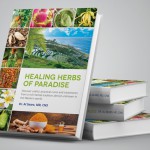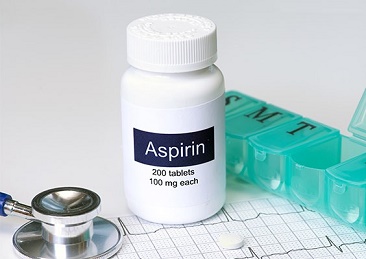
And this is a big worry to me, because there is very little evidence that aspirin helps. In fact, regular use of aspirin — even baby aspirin — can do you more harm than good.
Common Aspirin Beliefs
The idea is that aspirin thins the blood, making it easier to pump. It is also said to prevent clots from forming in coronary arteries and reduce the chances of other heart-related problems.
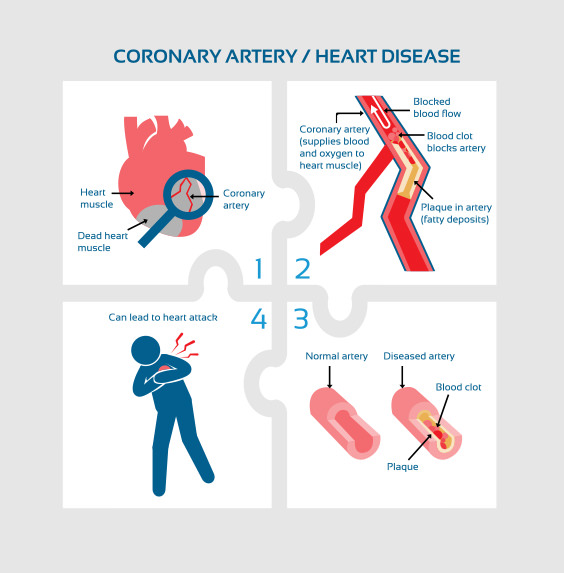
But a recent study of 8,000 heart disease patients who took 75 mg of aspirin per day saw no improvement in mortality rates.1
The researchers, from Gentofte University Hospital, in Copenhagen, concluded: “Routine use of aspirin in heart failure might cause more harm than benefit.”
You see, the occasional aspirin may be fine if you have a headache, but regular use of aspirin for your heart is extremely unsafe.
In a minute, I’m going tell you about three of the best, natural ways to boost your heart.
But first, let’s take a look at just how unsafe it is to take an aspirin every day…
What Are the Risks of Taking Aspirin Every Day?
One of the greatest risks is internal bleeding. Studies show that long-term, low-dose aspirin therapy may even double your risk for gastrointestinal bleeding.2
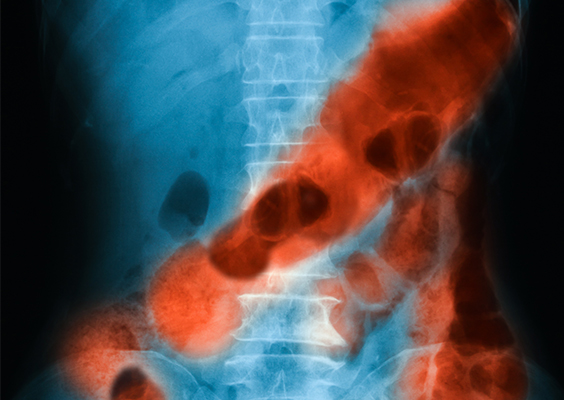
And if you have congestive heart failure, you have an even greater risk of internal bleeding, the Danish researchers revealed.
I’ve been warning my patients for years about the dangers regular use of painkillers like aspirin, ibuprofen and naproxen. These over-the-counter drugs claim more than 16,000 lives every year.3
Regular intake aspirin can also cause:
- Stroke
- Major abdominal bleeding
- Ulcers
- Cataracts
- Pancreatic cancer
- Kidney failure
You see, mainstream medicine prescribes aspirin because it ignores the real problem of failing hearts — they’re starved of energy.
Benefit from These Heart-Healthy Nutrients
I offer my patients a powerful cocktail of three nutrients that can help your heart metabolize energy by going straight to the biochemistry that fuels our cells:
Nutrient #1: CoQ10. This nutrient and antioxidant is a high-octane fuel used by every cell in your body to power everything it does. CoQ10 is essential for the normal function of all your vital organs — especially energy-hungry organs, like your heart.

Your mitochondria — the tiny power plants within each of your cells — need CoQ10 to produce the energy they run on.
And decades of research have linked low levels of CoQ10 with congestive heart failure. You see, your heart — because of its high-energy — needs a lot of CoQ10.
Some of the best sources of CoQ10 are beef, chicken and fish. But if you’ve been taking statins, your levels are likely to be very low and I recommend taking it in supplement form.
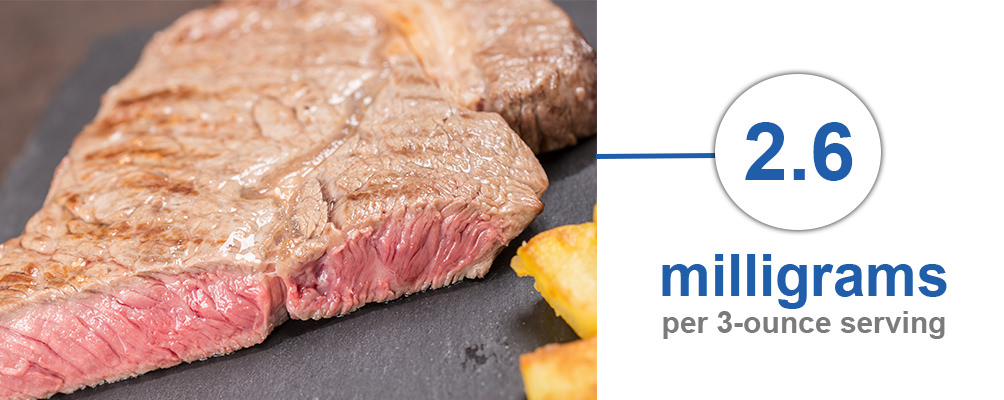
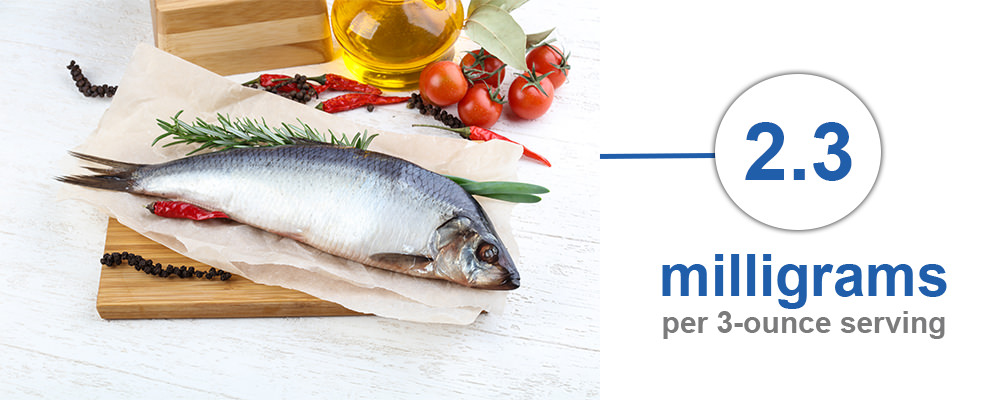
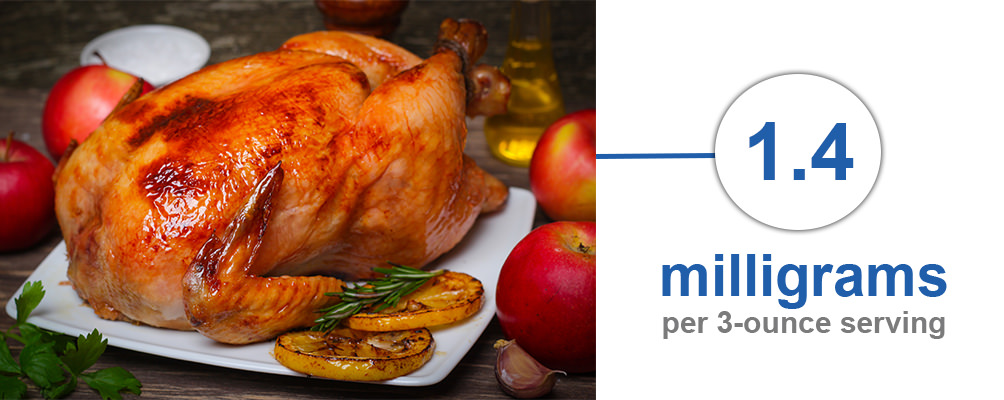
If you are over 30 and in good health, I strongly recommend you take 30 mg of CoQ10 daily. If you are over 60, increase your CoQ10 dosage to 60 mg daily.
If you have heart disease, high blood pressure, gingivitis, memory loss, chronic fatigue or are taking statins, increase to at least 100 mg a day.
And be sure it’s the right CoQ10. The more common form is called ubiquinone. But it’s the ubiquinol form that’s the most potent. Ubiquinol carries an extra electron and is eight-times more powerful than ubiquinone.
Nutrient #2: Omega-3s. One of the best ways to treat poor circulation and stabilize your blood pressure is with omega-3 rich krill oil. Omega-3 fatty acids reduce inflammation throughout the body, and are especially important for repairing damage to your blood vessels.
I always recommend combining krill oil with natural astaxanthin, a powerful antioxidant that can help DHA cross the blood-brain barrier even more efficiently.

Take at least 500 mg of DHA and 60 mg of EPA from a combination of squid oil and krill oil with astaxanthin.
And make sure you take them with meals so these omega-3 fatty acids can be digested properly.
Nutrient #3: D-ribose. This is a naturally occurring carbohydrate found in every living cell in the body. Without it, cells can’t produce energy. And it is utterly essential to the energy levels of the muscular tissue in the heart.
Numerous studies show that D-ribose improves the heart’s ability to relax, known as its diastolic function. With better relaxation, it has more power to pump blood to the rest of the body.
Researchers at the University of Bonn in Germany recently carried out a double-blind, placebo-controlled study with D-ribose. And while significant improvements were found in the group that took D-ribose, no improvements were found in the group that took the placebo.4
For anyone with heart disease, I recommend boosting your energy metabolism with a supplement. Based on the success of two major studies, I recommend 5 grams of powdered D-ribose three times a day.5,6 Mix each dose of D-ribose in an 8 oz glass of water or juice and then drink it all down at breakfast, lunch and dinner.

